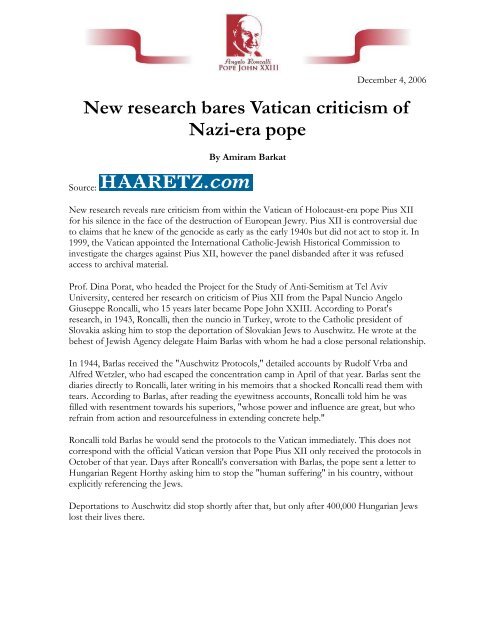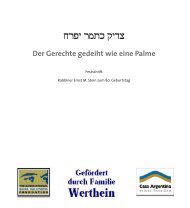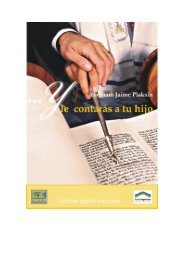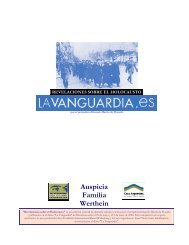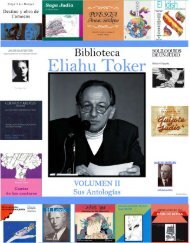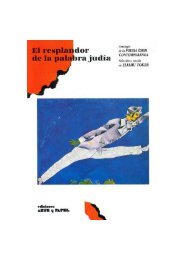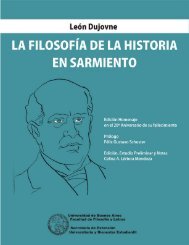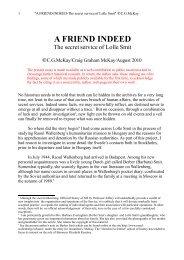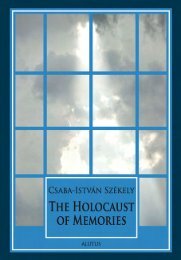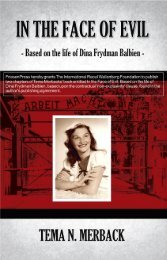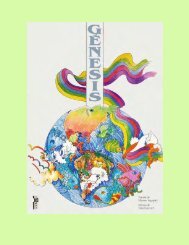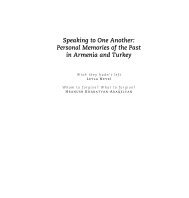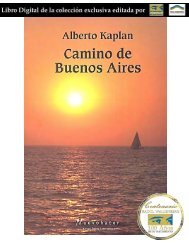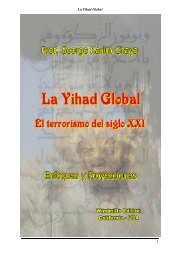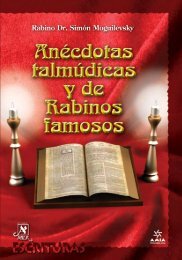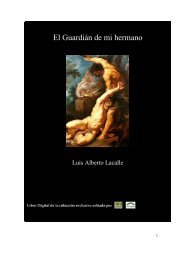The Good Pope - The International Raoul Wallenberg Foundation
The Good Pope - The International Raoul Wallenberg Foundation
The Good Pope - The International Raoul Wallenberg Foundation
You also want an ePaper? Increase the reach of your titles
YUMPU automatically turns print PDFs into web optimized ePapers that Google loves.
Source:<br />
December 4, 2006<br />
New research bares Vatican criticism of<br />
Nazi-era pope<br />
By Amiram Barkat<br />
New research reveals rare criticism from within the Vatican of Holocaust-era pope Pius XII<br />
for his silence in the face of the destruction of European Jewry. Pius XII is controversial due<br />
to claims that he knew of the genocide as early as the early 1940s but did not act to stop it. In<br />
1999, the Vatican appointed the <strong>International</strong> Catholic-Jewish Historical Commission to<br />
investigate the charges against Pius XII, however the panel disbanded after it was refused<br />
access to archival material.<br />
Prof. Dina Porat, who headed the Project for the Study of Anti-Semitism at Tel Aviv<br />
University, centered her research on criticism of Pius XII from the Papal Nuncio Angelo<br />
Giuseppe Roncalli, who 15 years later became <strong>Pope</strong> John XXIII. According to Porat's<br />
research, in 1943, Roncalli, then the nuncio in Turkey, wrote to the Catholic president of<br />
Slovakia asking him to stop the deportation of Slovakian Jews to Auschwitz. He wrote at the<br />
behest of Jewish Agency delegate Haim Barlas with whom he had a close personal relationship.<br />
In 1944, Barlas received the "Auschwitz Protocols," detailed accounts by Rudolf Vrba and<br />
Alfred Wetzler, who had escaped the concentration camp in April of that year. Barlas sent the<br />
diaries directly to Roncalli, later writing in his memoirs that a shocked Roncalli read them with<br />
tears. According to Barlas, after reading the eyewitness accounts, Roncalli told him he was<br />
filled with resentment towards his superiors, "whose power and influence are great, but who<br />
refrain from action and resourcefulness in extending concrete help."<br />
Roncalli told Barlas he would send the protocols to the Vatican immediately. This does not<br />
correspond with the official Vatican version that <strong>Pope</strong> Pius XII only received the protocols in<br />
October of that year. Days after Roncalli's conversation with Barlas, the pope sent a letter to<br />
Hungarian Regent Horthy asking him to stop the "human suffering" in his country, without<br />
explicitly referencing the Jews.<br />
Deportations to Auschwitz did stop shortly after that, but only after 400,000 Hungarian Jews<br />
lost their lives there.


